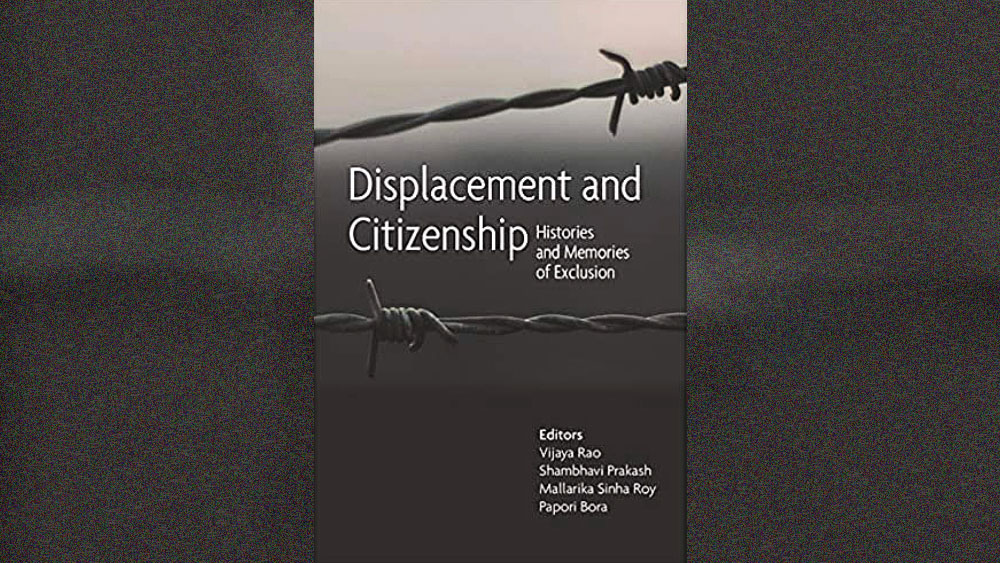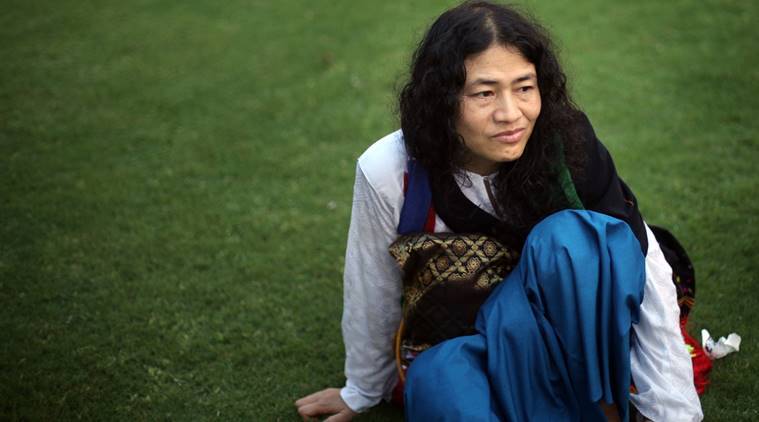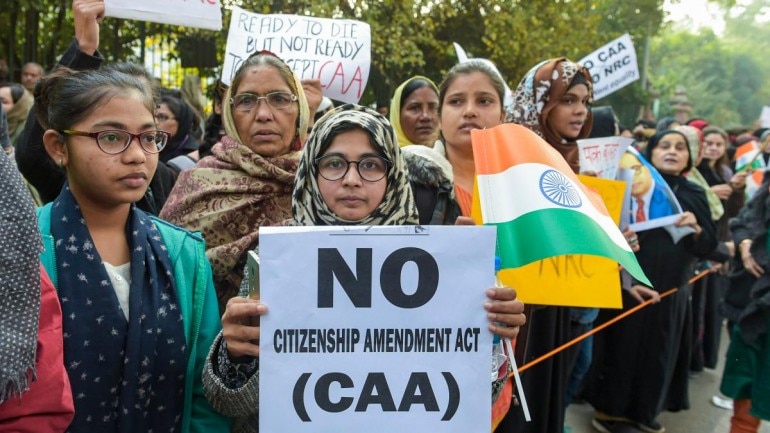Persistence Of Memory
Seven decades after becoming an Independent Nation, India is still facing the same old issue: whether Citizenship will be determined on the basis of Faith!
The publication, Displacement and Citizenship: Histories and Memories of Exclusion, has triggered a fresh controversy by discussing the citizenship issue in 21st Century India. The book, edited by Mallarika Sinha Roy, Vijaya Rao, Papori Bora and Shambhavi Prakash, was published on January 31, 2020, just a month after the Indian Parliament passed the Citizenship (Amendment) Act, 2019 (on December 11, 2019). This Act amended the Citizenship Act, 1955 by providing a pathway to Indian citizenship for persecuted religious minorities from neighbouring Afghanistan, Bangladesh and Pakistan who are Hindus, Sikhs, Buddhists, Jains, Parsis or Christians, and arrived in India before the end of December 2014. However, the Act does not grant such eligibility to Muslims from those countries, all of which are Muslim-majority nations. It was the first time when India overtly used Religion as a legal criterion for Citizenship.
Researchers, across the globe, have collected information on what might happen when people lose their citizenships. Their sources are mostly autobiographies, memoir-based literature, and documents of social movements. Almost all the researchers have agreed that it is difficult for refugees to get full citizenship of a country after leaving their own soils. They usually get one or two valid papers in their adopted countries after endless hardships. It becomes even more difficult for poor, women and people of different religious beliefs. Some of them are forced to live in ghettos even after having Voting Rights!

In fact, Voter Cards and other Identity Cards carry little or no significance, if the State refuses to accept people as its Citizens. Then, people could commit suicide to establish the fact that they were citizens of the State. One cannot forget the name of Irom Chanu Sharmila, a Civil Rights activist, Political Activist and Poet from north-eastern Indian Province of Manipur. On November 5, 2000, she had begun a hunger strike in favour of abolishing the Armed Forces (Special Powers) Act, 1958, which applies to the seven provinces and grants the Indian Security Forces the power to search properties without a warrant, to arrest people, and to use deadly force if there is “reasonable suspicion” that a person is acting against the State. Sharmila, also known as the Iron Lady of Manipur, ended the fast on August 9, 2016, after 16 long years of fasting! Having refused food and water for more than 500 weeks, she was nasally force feed in jail. It was the world’s longest hunger striker. On International Women’s Day, 2014, she was voted the top woman icon of India by MSN Poll.
Memory cannot be equated to History, as a subject… however, one needs to resort to the memory (of the oppressed) in order to challenge the narrative established by History! Apart from the memory of an individual and the narrative of Conventional History, there is also Oral History. The book, Displacement and Citizenship, has given a special emphasis on Oral History to explain past events. The Germans had killed thousands of people in their colonies in Africa and set up Concentration Camps, there, even before the Holocaust. The Historians got this information from Oral History or Personal Memory shared by many.

Earlier, those, who arrived in India from neighbouring Bangladesh during the War of Liberation, used to claim that they had huge properties, there. They made such claim in order to establish the identity of gentleman so that they could access the benefits enjoyed by the common people in India. No one wants to live in a country as a refugee. Many of them successfully suppressed their past as members of the Minority Community in their own country by the Powerful Statement.
For migrant workers, riot victims or uprooted people, the concept of Nation is noting, but a fantasy! Even in Europe and other parts of the world, Nation is a multi-generational concept for many! Perhaps, their ancestors arrived in a country as slaves or labourers. Later, they adopted the country as their own and settled there. In India, Bangladesh, Peru, Germany, Austria, Namibia and other countries, majority of the people consider the State as a place to nurture their Culture, and not as a geographical area. The authors of Displacement and Citizenship have made an attempt to analyse the State through Literature, Anthropology and Sociology, as it is important to know the State in a proper manner before understanding the Citizenship.

Ultimately, it is the Politics that decides which memory should be recognised and which one should be deleted…
Boundless Ocean of Politics on Facebook:
https://www.facebook.com/boundlessoceanofpolitics/
Boundless Ocean of Politics on Twitter:
https://twitter.com/kousdas?s=09
Boundless Ocean of Politics on Linkedin:
https://www.linkedin.com/company/boundless-ocean-of-politics
Contact us: koushik@boundlessoceanofpolitics.co.in

